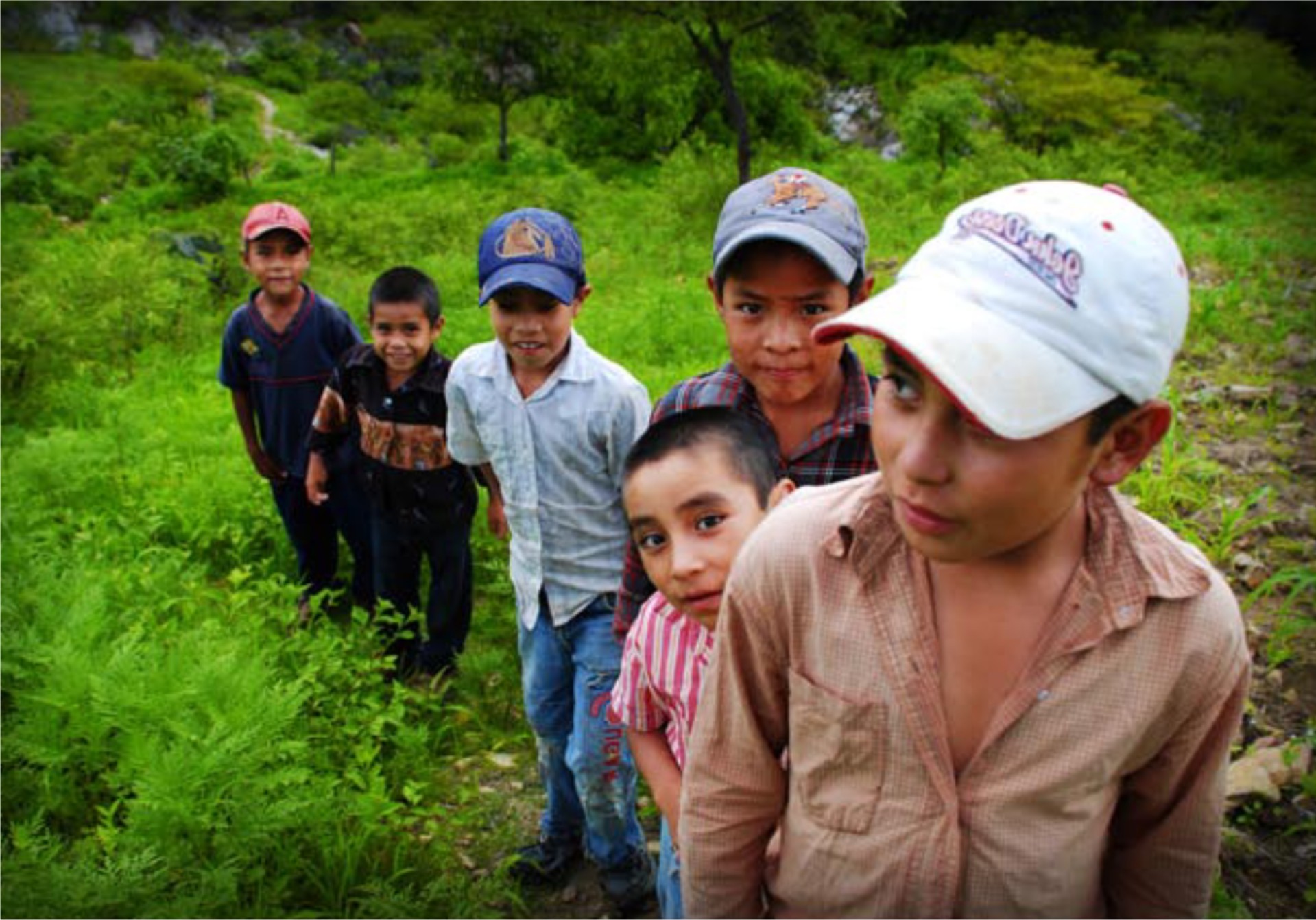[Author]by the El Reportero’s wire services
[/Author]
Rapes, robberies, hunger and cold. Central American children traveling through Mexico en route to the United States experience a “frightful nightmare,” according to what a Honduran teenager told Efe, adding that she will “never again” make that journey.
Ana – not her real name – emotionally told of the agonizing journey that, like her, more than 50,000 Central American children have attempted in recent months. And many of them did not survive the trek.
Threatened with death in Honduras, and learning her lesson from the murder of her brother by gangmembers, the 17-year-old worked up her courage to face a journey with “exhausting days of hunger and cold” to get to the United States.
The worst thing, however, came almost at the end of the trip, when she was raped in Mexico by unknown men, a situation she says she “never imagined” would happen and which remains engraved in her memory “forever,” with no chance for her attackers to be brought to justice.
Upon arriving “at a dark shack, hidden among the mountains and where only the voices of men were heard,” the group with which Ana was traveling disappeared and she found herself alone.
“I was very afraid because when I arrived, I sensed something, but I asked God not to let anything bad happen to me. I was nervous and was very afraid. I wanted to shout and say something, but they threatened me,” said Ana, on the verge of tears.
She could not provide any information about the rapists to the authorities because she did not know any of her attackers.
“I only know that they raped me in Mexico, that they grabbed me. It was terrible,” she said.
After that “frightful” night in Mexico, she managed to cross the Rio Grande and was later picked up by the U.S. Border Patrol, which transferred her to Casa Antigua, Texas, where she felt safe.
From there, she went to Miami, where she now lives with her sister, who also fled to the United States eight years ago, and who was the person who helped her find a “coyote” whom she hired to draw up a plan for her to flee Honduras.
But the fact that she risked her life in this effort could be in vain. Now, like thousands of other undocumented child migrants, Ana is facing deportation. On July 17, she has her first hearing in a Miami court.
“I’m just asking President (Barack) Obama to give me a chance to fulfill my dream,” said Ana, who is aware that her chances of remaining in the United States are slim.
U.S. government stops airborne TV broadcasts to Cuba
The United States has discretely cancelled Aero Marti, an airborne broadcasting platform that sent radio and television signals to Cuba and began operating in 2006, sparking controversy over its cost and debated effectiveness.
The program was definitively dismantled in April after having been frozen for 18 months by the budget sequester, according to what the Office of Cuba Broadcasting, which runs Radio and TV Marti, confirmed on Tuesday to Efe.
The government in Havana had found a way to block the signal of Aero Marti, which made its broadcasts from an aircraft that flew very close to the limits of Cuban airspace.
From October 2006 until the fall of 2013, the program had cost Washington $35.67 million, according to the report issued by the Broadcasting Board of Governors, a division of the State Department tasked with making publicly-funded broadcasts around the world.
The BBG had insisted on the need to end Aero Marti since the submission of the budget bill for fiscal year 2013 due to its ineffectiveness and “the rising cost of fuel.”
In 2013, the program was suspended because of the impossibility of paying for the cost of fuel as a result of the sequester, not to mention the fact that it cost some $80,000 per year to maintain the airplane.



